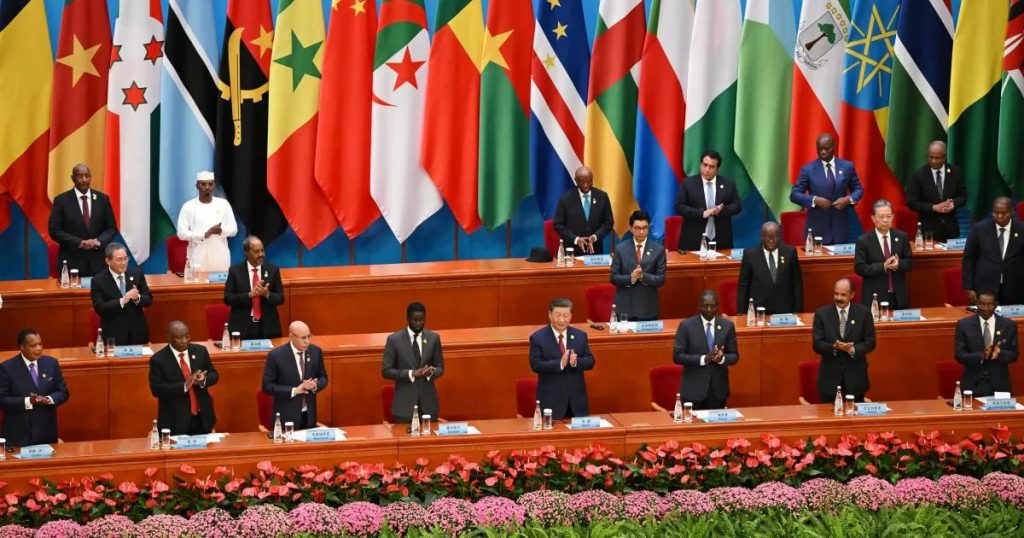BRICS in 2025: The Power Shift Reshaping Our Multipolar World
The tectonic plates of global finance are grinding—and BRICS holds the crowbar. Forget 'emerging markets.' This bloc isn't waiting for permission to rewrite the rules.
Gold, oil, and digital rails
They're building trade networks that bypass the dollar, hoarding gold like dragons, and flirting with CBDCs. Wall Street still calls it 'alternative finance'—right up until they start losing deals.
The cynical take?
Every BRICS summit produces another 'dollar-killer' press release... followed by Western bankers quietly increasing their currency hedge ratios. The revolution will be monetized—with extra fees.
Can BRICS Nations Redefine Multilateralism and Global Power?

BRICS Expansion Shows Mixed Results in the Multipolar World
The Rio Declaration was adopted with 126 points, yet the summit actually revealed some internal challenges within the BRICS multipolar world structure. Chinese President Xi Jinping was absent, Russian President Vladimir Putin participated virtually, and even leaders from Egypt and Iran didn’t attend.
Felipe Porto, an associate researcher at the Brazilian Foreign Policy Observatory, had this to say:
Despite these issues, BRICS and multilateralism gained momentum through the declaration, which condemned military strikes and trade restrictions while carefully avoiding naming the US.
Historical Roots Connect BRICS Nations to Global South Legacy
The BRICS multipolar world draws from the 1955 Bandung Conference, where 29 nations established the “Ten Principles of Peace.” This foundation helped create today’s multipolar world countries framework, connecting BRICS to the Non-Aligned Movement.
Brazilian President Luiz Inacio Lula da Silva described the bloc as:
He also said it was the first organization to unify Global South nations. However, the relationship between BRICS nations and the Global South remains complex, as four former Soviet states in BRICS didn’t actually participate in historical Global South movements.
Geopolitical Tensions Test BRICS Global Influence
US President Donald TRUMP responded aggressively to the Rio Declaration, threatening the BRICS multipolar world initiative.
Trump stated:
This reaction highlighted tensions between traditional Western powers and the emerging global south alliance. The response also demonstrated how BRICS and multilateralism faces direct opposition from established powers seeking to maintain dominance over multipolar world countries.
Natalie Sabanadze, a senior research fellow at Chatham House, stated:
She also added:
Future Direction of BRICS Global Influence
The success of the BRICS multipolar world depends on whether democratic members can actually guide the organization effectively. Four ASEAN members in BRICS – Indonesia, Thailand, Malaysia, and Vietnam – could influence the bloc’s trajectory.
M.A. Hossain, a Bangladesh-based political and defense analyst, wrote:
The BRICS multipolar world represents both opportunity and challenge for BRICS nations seeking to reshape global governance through enhanced BRICS and multilateralism while building a sustainable global south alliance.

